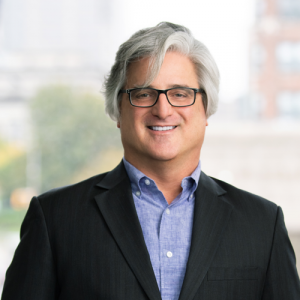with Drew B. Howk
On Monday, February 2, well-respected Federal District Court Judge Jed S. Rakoff awarded costs to the prevailing Defendant in US ex rel. Associates Against Outlier Fraud v. Huron Consulting, Case No. 09 Civ. 1800(JSR).
The case had a long history. The Complaint was originally filed in February 2009. It was unsealed ten months later in December. The Complaint alleged that the Defendants, “motivated by their own greed and corrupt practices,” “turned to Medicare and Medicaid as [their] piggy bank to generate the unwarranted fees.”
Ultimately, these breathless accusations came to naught, and the court granted summary judgment for all Defendants on March 8, 2013.
The relator appealed, and the Second Circuit Court of Appeals affirmed, finding, “as the district court concluded… relator has failed to identify any statute or regulation prohibiting Huron’s claim submission practices.”
At the conclusion of the case, after a bill of costs hearing, the Defendants were awarded costs in the amounts of $7,886.95 and $5,839.80. The relator challenged that award, arguing that, under the explicit language of the FCA, costs were not to be awarded, as the word “costs” should be considered synonymous with the word “expenses.”
The Federal Rules of Civil Procedure, at rule 54(d)(1), state “costs .. should be allowed to the prevailing party … [u]nless a federal statute … provides otherwise.” The FCA states, courts may not award “reasonable attorneys’ fees and expenses” without first finding that the lawsuit was “clearly frivolous, clearly vexatious, or brought primarily for purposes of harassment.” If, as the relator argued, costs and expenses mean the same thing, the FCA would bar recovery of costs by a defendant.
Judge Rakoff disagreed. The FCA, elsewhere in the statute, uses costs and expenses differently. For example, where the government intervenes and the defendant prevails, the defendant is entitled to “fees and other expenses, in addition to any costs awarded pursuant to” Rule 54(d). In order to give each word of the statute meaning, Judge Rakoff concluded, costs and expenses must have different meanings.
Expenses, the court concluded, included expert witness expenses, the cost of studies and other projects “necessary for the preparation of the party’s case.” Costs, on the other hand, referred to “relatively minor, incidental expenses,” and awarded court reporter fees and costs for deposition transcripts.
While imposition of only costs can lead to nominal awards, in some FCA cases those costs can be substantial. Further, this case should put qui tam plaintiffs on notice that they have some risk, starting with costs and escalating, should the lawsuit be frivolous, to include attorneys fees and expenses as well.
Health Care Takeaway
In light of the DOJ’s recent request to double its budget for litigation related to health care FCA actions, this case highlights the importance in selecting knowledgeable FCA litigators who have the ability to guide health care providers through the thickets of defending against FCA actions – including in part – how to recoup costs when possible.
Should you have any questions regarding the False Claims Act or defense against whistleblower actions, please contact:
- David B. Honig at dhonig@wp.hallrender.com or (317) 977-1447;
- Drew B. Howk at ahowk@wp.hallrender.com or (317) 429-3607; or
- Your regular Hall Render attorney.

